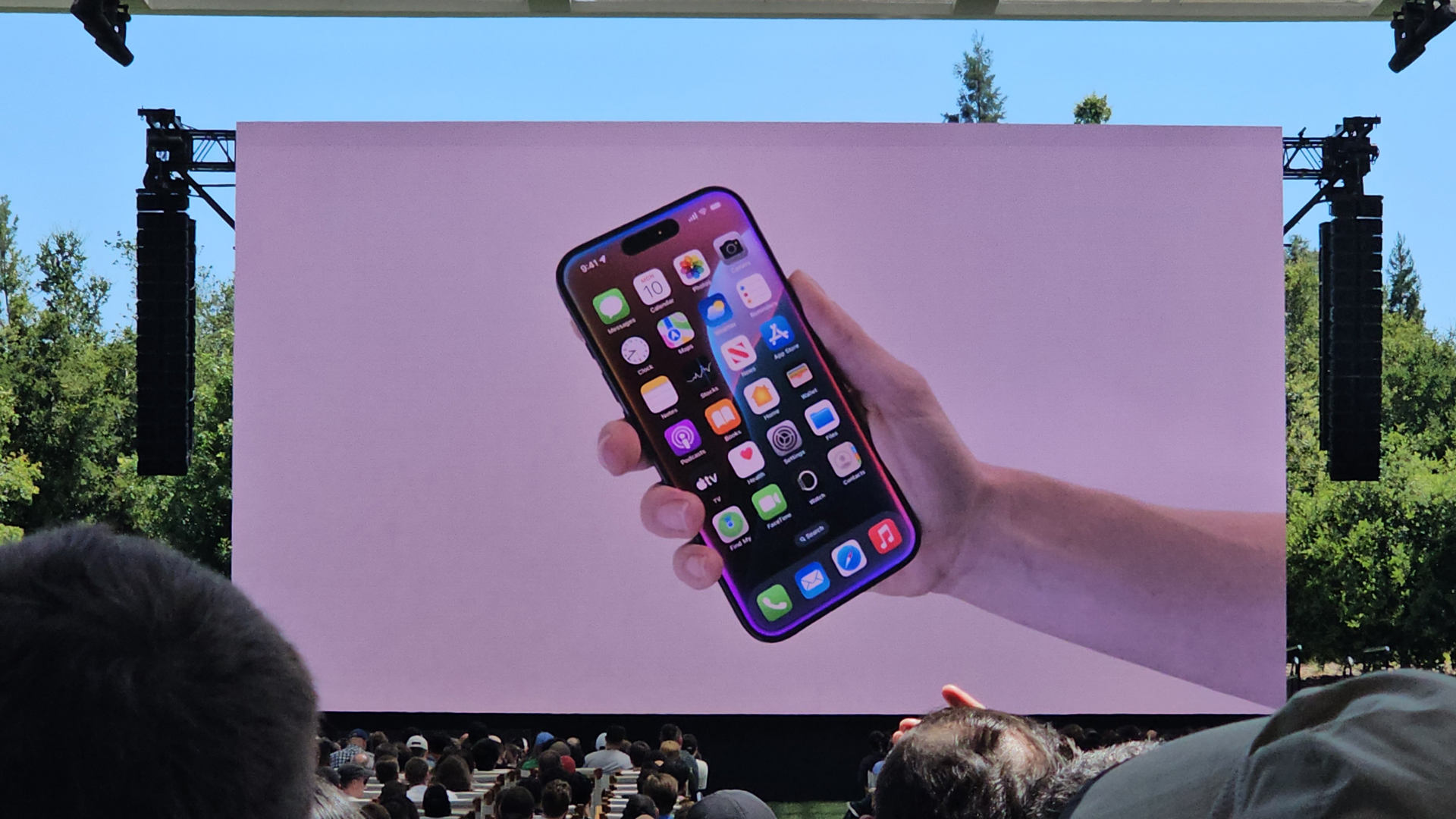Apple is reportedly investing in OpenAI, which may signal a deeper ChatGPT partnership
OpenAI investment hedges Apple's AI bet

Apple has big plans for its own Apple Intelligence AI features this year, but may be hedging its bets with an investment in OpenAI, according to a Wall Street Journal report.
Considering the upcoming fundraising round by OpenAI claims the company is worth over $100 billion, deep-pocketed companies like Apple are likely going to be necessary anyway, but it could mean Apple’s AI future is a little more flexible than might have been assumed.
Apple’s interest in OpenAI fits with its rush into AI this year, particularly with the planned release of Apple Intelligence. The company is expected to share a lot more details on these AI futures at its Glowtime event planned for Sept. 9. We already know Apple plans to include both its own and third-party AI models. You might end up having a lot more choices about the kinds of AI features you can access on your Apple devices, which would be a different experience compared to the way they usually default to Apple’s own apps and services (causing quite a lot of chaos when Apple Maps ended its deal with Google Maps).
In fact, this isn’t the first sign of agreement between Apple and OpenAI. Apple is working to integrate ChatGPT features into Mac and iOS systems, for instance. But, as the WSJ report points out, Apple doesn’t usually invest in companies like OpenAI, usually it just buys startups and instead invests in manufacturing companies. As the investment round is expected to raise several billion dollars, OpenAI is obviously fine with Apple signing a check.
Of course, Apple isn’t the only investor in the round. Thrive Capital is leading it, but Microsoft, usually one of Apple’s biggest rivals, is also participating. That’s notable, considering Microsoft was the first major investor in OpenAI and has already invested $13 billion, giving it a 49% stake in OpenAI’s profits.
OpenAI Apple
Though Apple is usually known for taking its own approach to products and platforms, OpenAI isn’t its only collaborator when it comes to AI. There have been rumors of plans for Apple and Meta to team up on AI features for future iPhones and the company has publicly mentioned the possibility of working with Google to access its Gemini AI models. The same goes for Apple’s conversations with both Anthropic, the creator of Claude AI, and Perplexity AI.
Apple isn’t giving up its standard approach on everything though, according to the report. It’s still making privacy a cornerstone of its brand. Apple is working on stronger privacy protections for users interacting with AI tools than is standard. Apparently, Apple’s goal is to make sure complex AI tasks are processed through ChatGPT and maintain a higher level of data security and user confidentiality.
Sign up for breaking news, reviews, opinion, top tech deals, and more.
For Apple users, the inclusion of ChatGPT and other AI models in Apple’s ecosystem might allow for better experiences. At the same time, Apple’s moves show that the competition in AI, particularly between Apple and Microsoft, has a unique shape compared to a simple operating system war. Both companies are vying to dominate the AI landscape. The question is whether privacy and other Apple strengths will outdo the way Microsoft has made AI part of its entire product line and its lead in both deployment and investment in OpenAI.
You might also like...
- Apple could use ChatGPT to power AI features in iOS 18
- Apple Intelligence may be reason why OpenAI wants Microsoft to work with archrival Oracle — Azure may be feeling the pinch as iOS 18 AI-focus means far more GPUs are required
- Rumored Apple and Meta collaboration might make the iPhone 16 a better AI phone

Eric Hal Schwartz is a freelance writer for TechRadar with more than 15 years of experience covering the intersection of the world and technology. For the last five years, he served as head writer for Voicebot.ai and was on the leading edge of reporting on generative AI and large language models. He's since become an expert on the products of generative AI models, such as OpenAI’s ChatGPT, Anthropic’s Claude, Google Gemini, and every other synthetic media tool. His experience runs the gamut of media, including print, digital, broadcast, and live events. Now, he's continuing to tell the stories people want and need to hear about the rapidly evolving AI space and its impact on their lives. Eric is based in New York City.